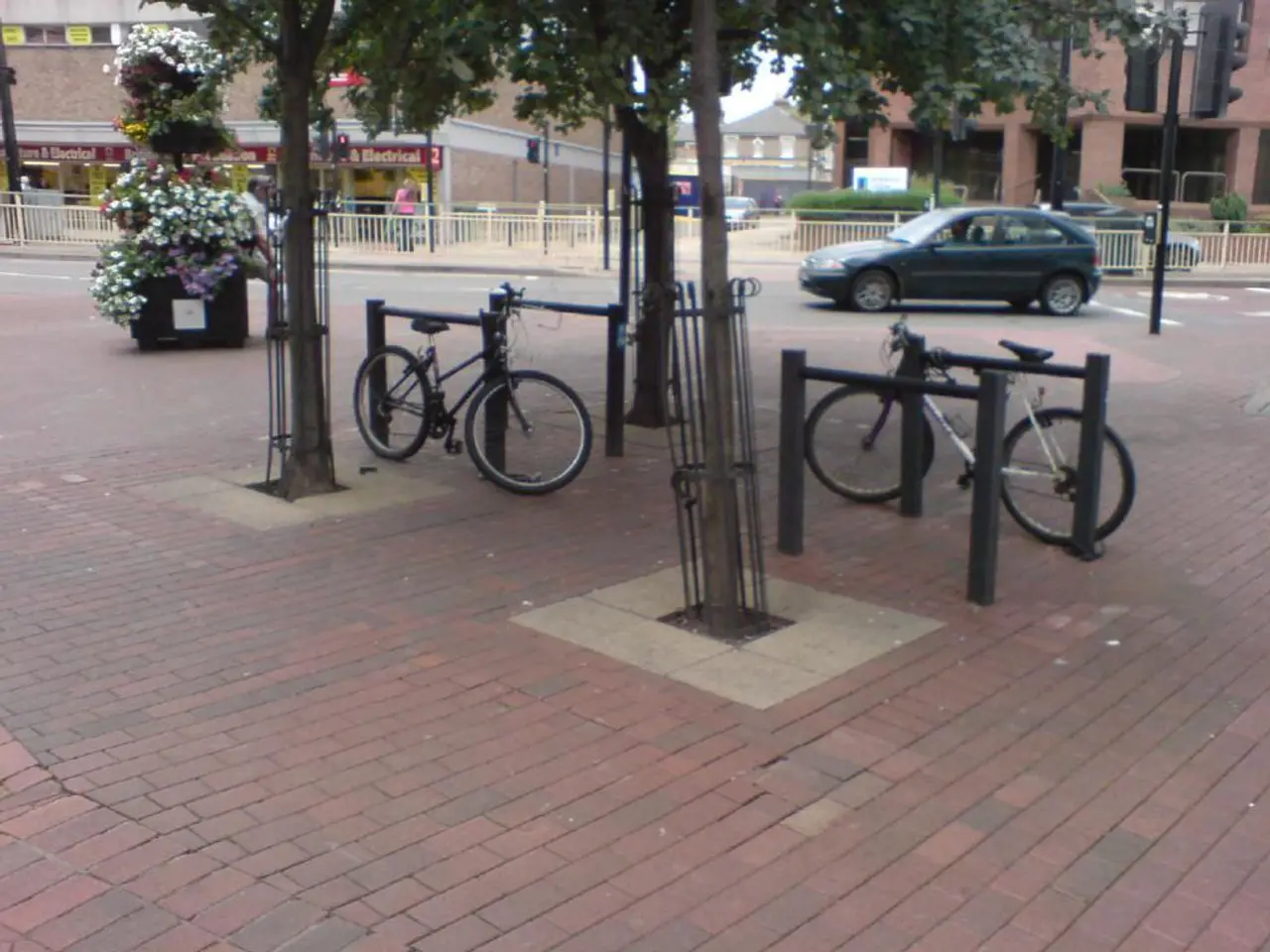Federal government poised to reduce millions of tons of CO2 emissions through construction contracts
The Institute of the German Economy (IW) has proposed a significant step towards reducing carbon emissions in the country, particularly in the construction and steel industries.
According to IW scientists, using 30% of green building materials in public construction projects could save an estimated 1.9 million tonnes of CO2 emissions annually. This is equivalent to the amount of emissions caused by domestic air traffic.
The scientists aim to achieve this emission target through the use of climate-neutral steel in public contracts. By 2030, they propose that 30% of the steel used in public contracts should be produced in a climate-neutral manner.
The focus on the steel industry is strategic, as it is the sector with the highest CO2 emissions in industry, accounting for about six percent of all German greenhouse gas emissions. The production and processing of steel contribute significantly to these emissions.
IW's head of the Competence Field Environment, Energy and Infrastructure, Thilo Schäfer, noted that climate-friendly public procurement is often not even considered. However, he emphasised that many federal states have set themselves the goal of making public administrations climate-neutral.
The Austrian federal state of Burgenland has already set the goal to make its public administration climate-neutral by 2030. Baden-Württemberg in Germany, meanwhile, aims to be climate-neutral by 2040, with earlier targets for greenhouse gas reduction, implicitly including administrative sectors.
However, implementing this proposal would come at a cost. A binding quota for green steel and green plastic in public contracts would cost the federal budget a total of 512 million euros.
Despite the costs, the potential benefits to the environment and public health make this a worthwhile investment. By adopting these measures, Germany could significantly reduce its carbon footprint and contribute to the global fight against climate change.








